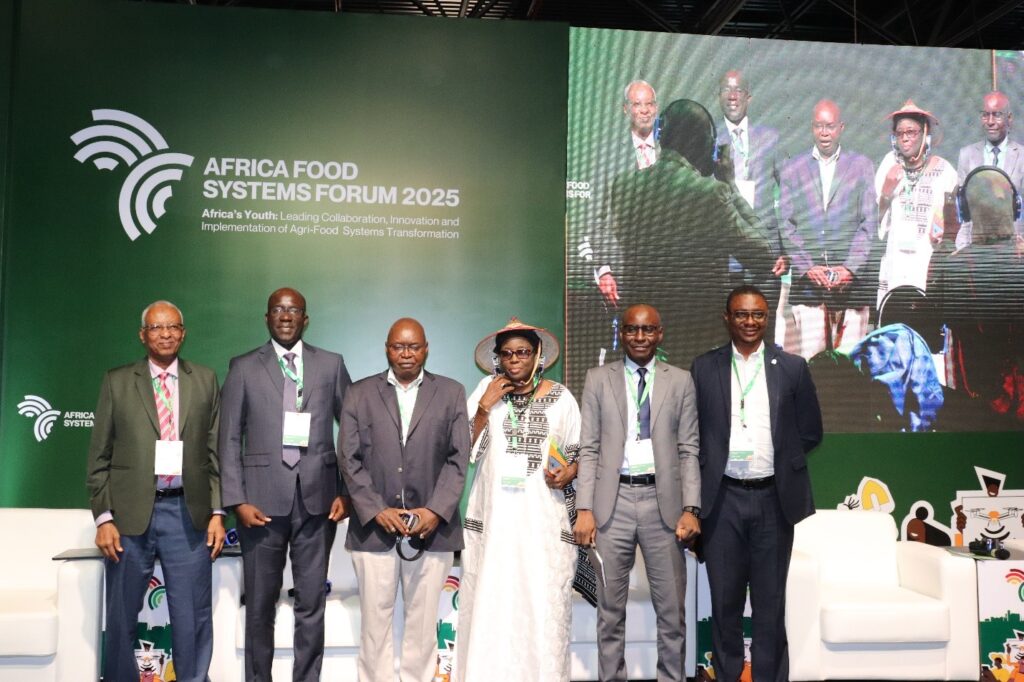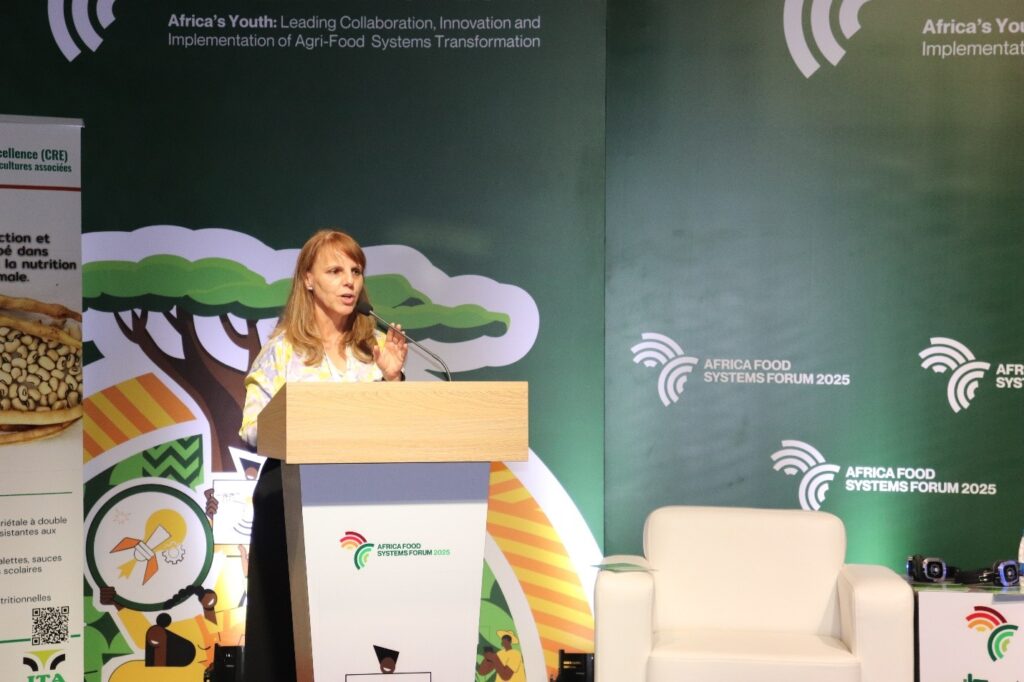
By Deborah Olaoluwa
African agriculture is at a crossroads!
Faced with climate change, demographic pressures, and heavy reliance on external markets, access to quality seeds has become more urgent than ever.
Seeds are the foundation of food production and a critical entry point for ensuring food security, building climate resilience, and driving economic growth.
On September 1, 2025, AfricaRice, CORAF, and ISRA co-hosted a high-level side event at the Africa Food Systems Forum in Dakar. The event brought together researchers, policymakers, producers, private-sector leaders, and civil society to chart a path toward stronger, sovereign seed systems in West and Central Africa.
Seeds at the Heart of Food Security
Despite their central role, seed systems across the region remain fragile. Certified seeds are in short supply, traditional systems are under-supported, and imports dominate the horticultural sector. This dependence undermines food sovereignty and limits opportunities for local farmers, entrepreneurs, and agribusinesses.
The side event spotlighted solutions to transform seed systems so that farmers, particularly women and youth, can access diverse, affordable, and locally adapted seeds at the right time.
A structured dialogue through two panel discussions on Strengthening Cereal Seed Systems for Self-Sufficiency
and Developing Local and Sovereign Horticultural Seed Systems ensued, with panellists drawn from a broad spectrum of African agriculture.
Cereals such as rice, millet, sorghum, and maize form the backbone of African diets, yet 80–90% of seeds still come from informal sources. The first panel explored institutional innovations, farmer-led research, and financing models to scale up certified seed availability and ensure inclusive, resilient systems.
Most vegetable and fruit seeds are imported, often ill-suited to local conditions. The second panel focused on advancing varietal research, building local multiplication and distribution models, and creating enabling policies to strengthen sovereignty in horticultural seed systems.

At the end of the event, panellists presented a shared diagnosis of seed system constraints, highlighting successful community-led and public-private seed initiatives, identifying concrete institutional, technological, and financial innovations, and shaping actionable policy recommendations for resilient and inclusive seed systems.
According to Dr. Baboucarr Manneh, Director General of AfricaRice, the conclusions from the event will inform a policy brief designed to improve access to quality seeds across West and Central Africa. “Investing in young people and access to seeds means investing in the very seeds of our future, which will feed entire generations and drive sustainable development across the continent,” Dr Manneh added.











